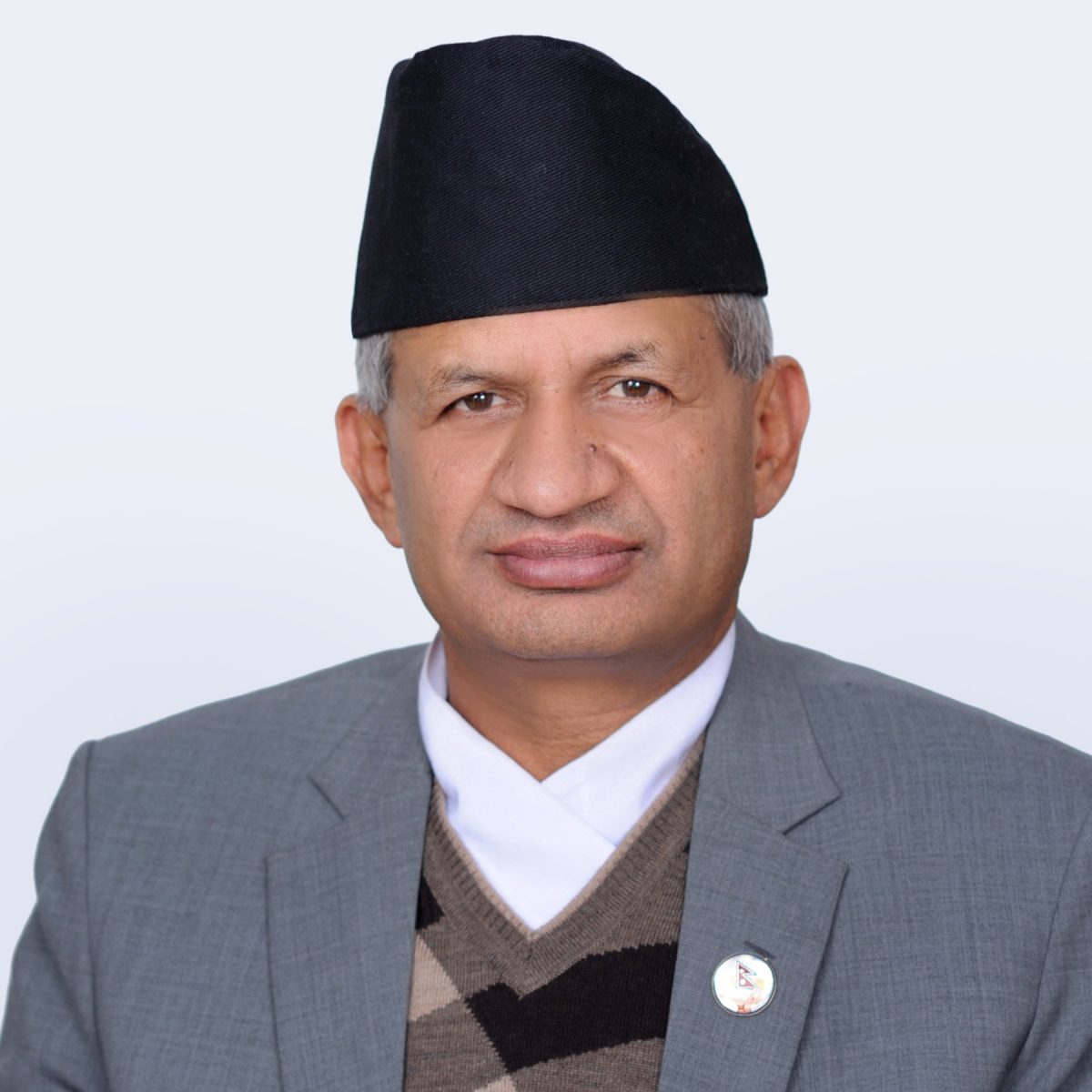Kathmandu: For the first time, the government has issued the country’s first integrated foreing affairs policy.
Speaking at a press conference at on Sunday, Foreign Minister Pradip Gyawali said that the foreign policy has been formulated after a long effort and it would lead to uniformity in the conduct of bilateral and multilateral relations in the days to come.
The policy prepared by the Ministry of Foreign Affairs was approved by the cabinet meeting held on November 19.
He said that the new foreign policy included Nepal’s constitution, suggestions given by committees formed at different times, national dialogue held last year, documents of political parties, suggestions given by experts and researchers.
‘The Buddha has always advocated for peace and non-violence. As a land of Buddha, we also advocate for peace and non-violence around the world. If there is a dispute, it should be resolved peacefully, “Gyawali said.” Accordingly, Nepal has been participating in various UN peacekeeping missions to establish peace in the conflict-ridden areas of the world.”
He said that the idea of Prithvinarayan Shah saying that “Nepal is a yam between two stones” was also considered as a guide for foreign policy.
“Things are different now than in his time. The yam between the two stones can be interpreted from different angles, ‘said Minister Gyawali.
He said that Nepal has always wanted to see a world of plurality, diversity and equality.
“Nepal itself is an example of how unity in diversity can be achieved,” Gyawali said. “Just as so many languages and castes coexist among 30 million Nepalis, we want the world to coexist with countries with different systems of governance and capabilities.”
Foreign Minister Gyawali pointed out that the changing world order, the question of Nepal’s border security, the lack of a unified national approach to foreign relations, Nepal’s priorities in international aid and its ownership are some of the challenges for foreign relations.
“We face challenges such as how to safeguard sovereignty, how to address common interests when bilateral deals dominate in multilateral forums, and how to develop resources beyond the least developed countries,” he said.
Along with the challenges, stability and democratic government, border defense and other issues, Nepal’s image as a country with national unity, democracy and social justice, and balanced relations with all countries have brought opportunities to Nepal, said Gyawali.
He pointed out that Nepal’s foreign policy issues still need to be changed as there are still some prejudices and inferiority complexes.
“Some people think that Nepal is not a country with equal sovereignty but a small, weak and backward country, so we should not talk big, we should make an agreement,” Gyawali said. “It is necessary to change that.”
As Nepal has adopted the mantra of ‘friendship with all but not enmity with anyone’, Gyawali said that the issue of a country with a system of governance should not be linked to any other country.
“Nepal was only listening to the issue of climate change. Now that it has become a matter of life and death, Nepal should take the lead in this issue, ‘he said.
Foreign Minister Gyawali said that Nepal still has a policy of giving priority to multilateral cooperation and forums.
“The policy of non-alignment is more relevant now than it was in the past,” he said. No. ‘
The annual report of the work done by the Ministry of Foreign Affairs last year was also made public at the press conference.
The report notes that relations with its northern and southern neighbors have improved over the past year, Nepal has had an effective presence in UN fora, and relations with other countries have improved.
